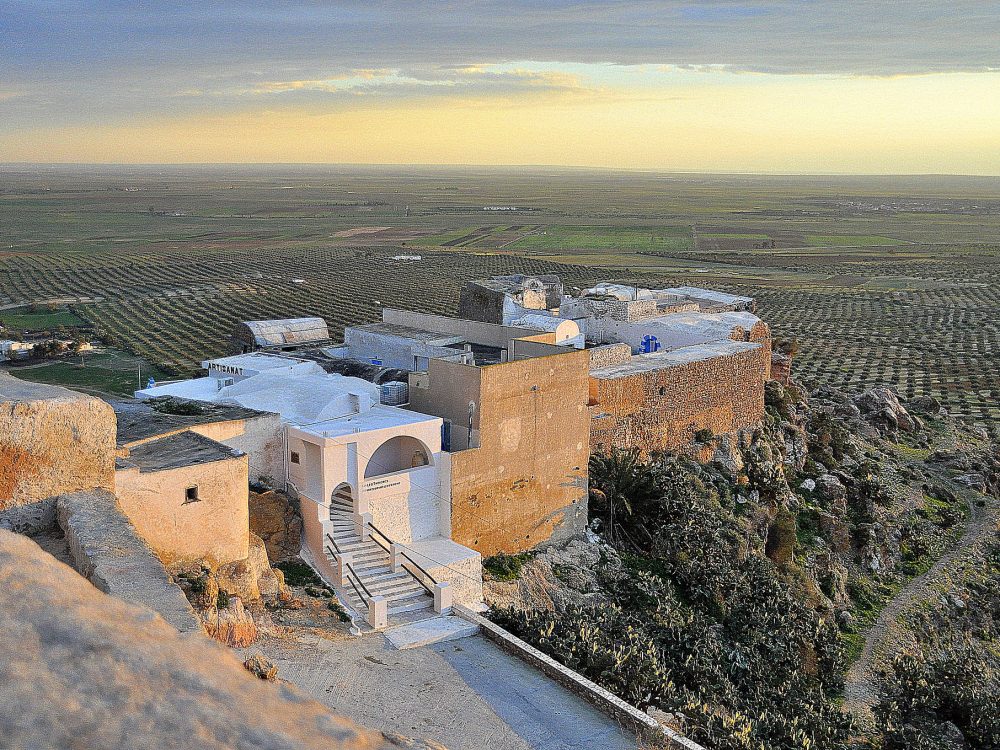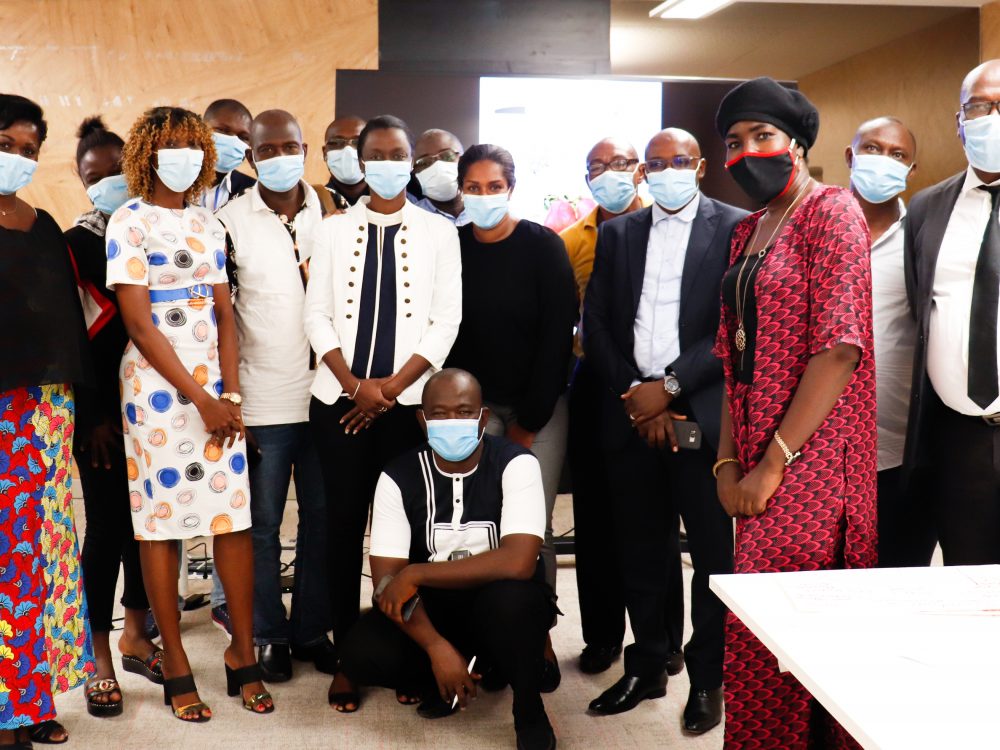Governments Share Successes and Lessons Learned at the Third Annual Aid Management Program Knowledge Sharing Workshop
From Dec. 14-16, 2010, Development Gateway held the Third Annual Aid Management Platform (AMP) Knowledge Sharing Workshop in Nairobi, Kenya. AMP is a web-based software that builds capacity for aid information management, enabling countries to more easily and accurately gather, record, and report data on foreign aid flows.
About 40 delegates from 14 governments, in addition to presenters and observers from the International Aid Transparency Initiative (IATI), Ushahidi, UNDP, the University of Texas, and the College of William and Mary attended the conference to discuss their challenges in managing aid information and their experiences using AMP.
In informal discussions throughout the conference, delegates described how AMP had improved their technical capacity for gathering, validating, and reporting aid information. Many countries had in the past relied on Microsoft Excel to record aid information. Mr. Mande Romalahy, a statistician and economist responsible to the secretary for the Prime Minister of Madagascar, noted that prior to installing AMP, his country hadn’t produced a report on foreign aid in 10 years due to the exorbitant amount of time and resources required to aggregate data from all the actors involved in foreign aid activities. But after installing AMP, Mr. Romalahy said in an interview with DG staff, aid information “had already been centralized, as all donors and ministerial departments had regularly sent us their data…We could produce reports in as little as one click.”
For a perspective on AMP from one of the workshop participants, Stan Nkhata of Malawi, watch an interview here.
Delegates from the government of the Democratic Republic of Congo, which implemented AMP in 2008, also presented a video they produced of their experience with AMP (in French, with English subtitles).
Simply implementing AMP, however, is not a magic bullet for aid information management. Amadou Diallo, representing Burkina Faso’s Ministry of Economy and Finance, detailed the difficulties of gaining donor approval of reports on aid information produced by his government. Even after installing AMP, there can be disputes regarding data accuracy. Typically, his agency spends about six months gathering aid information and two months carefully verifying this information to ensure that the corresponding reports are endorsed by donors. Delegates to the conference seemed to appreciate having the opportunity to discuss such challenges. Mr. Romalahy noted that he plans to remain in contact with the delegates he met at the conference so that he can continue to learn from them.
The Nairobi conference strongly confirmed the benefits of implementing AMP, while highlighting the ongoing challenges that many governments face in managing aid information. Jean-Louis Sarbib, CEO of Development Gateway, ended the conference by saying, “Success has a price. And the price of success is that we need to do even better now.”
Share This Post
Related from our library

How Useful Is AI for Development? Three Key Lessons
The development world is buzzing with excitement over the idea that new and emerging applications of AI can supercharge economic growth, accelerate climate change mitigation, reduce inequalities, and more. But what does this look like in real life?

At a Glance | Tracking Climate Finance in Africa: Political and Technical Insights on Building Sustainable Digital Public Goods
In order to combat the effects of climate change, financing is needed to fund effective climate fighting strategies. Our white paper, “Tracking Climate Finance in Africa: Political and Technical Insights on Building Sustainable Digital Public Goods,” explores the importance of climate finance tracking, common barriers to establishing climate finance tracking systems, and five insights on developing climate finance tracking systems.

Du côté de l’Afrique Francophone et des Caraïbes
Development Gateway travaille aussi dans les pays francophones d'Afrique et des Caraïbes depuis 2007. Nous mettons à profit notre expertise technique et développons des outils, des processus et des analyses multilingues personnalisés pour soutenir les efforts de nos partenaires à obtenir de meilleurs résultats dans plusieurs secteurs, notamment l'assistance au développement, l'agriculture, les industries extractives et la santé. Ce bulletin d'information revient sur la présence de DG dans les pays francophones.